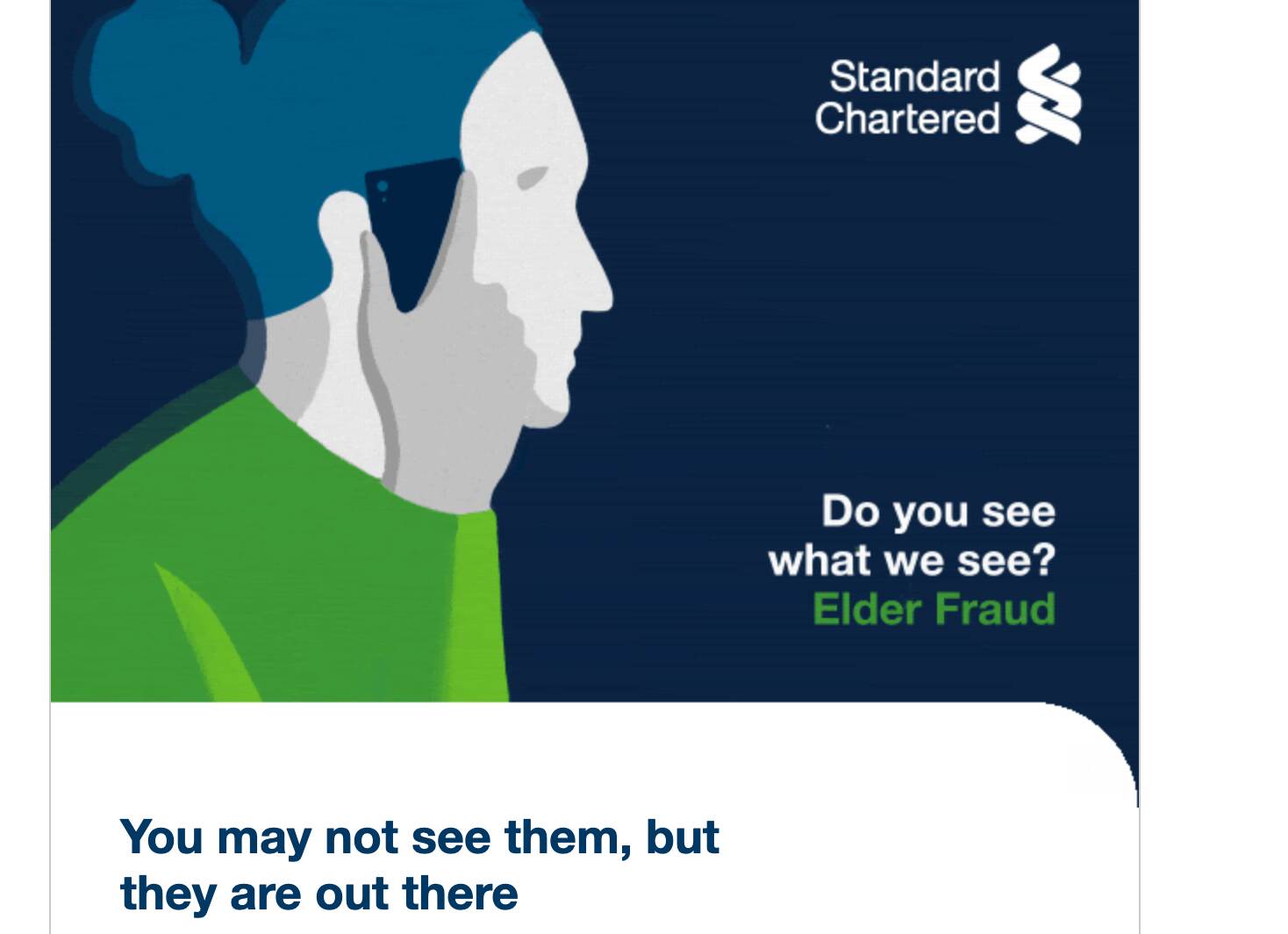Elder fraud is a specific type of fraud that targets senior citizens. The perpetrators may be someone known to the elderly victim such as a family member, friend, or they could be a complete stranger. The fraudsters usually make contact with their victim online or over the phone.
Fraudsters use different tactics to get the elderly to fall victim to their schemes. They can be friendly, sympathetic and willing to help in some cases or use fear tactics in others. The tactic used is generally dependent upon the type of situation the fraudster finds himself in with the elderly person. Amid the coronavirus induced there has been a tremendous rise in scams where senior citizens fell prey. Mumbai Man Becomes Victim of 'Romance Scam', Loses Rs 1.5 Crore After Meeting Woman on European Social Media Site.
Following are the kinds of Scams used to trap elderly people:
Impersonation Scams
They ask you to transfer money to them, claiming to be a family member in trouble. Or pretend to be repairmen who gain access to your home with the intention to steal.
Investment Scams
Posing as financial consultants, they encourage you to invest in fake companies or put your money in offshore banks for higher returns.
Lottery Scams
You receive a call or email stating you have won a lottery and to receive your prize, you are required to pay a fee.
Online Scams
Fraudsters gain access to your bank account or funds by establishing trust through social media.
Romance scams
This is another type of online fraud that often targets older people, in particular, those who have lost their spouses and maybe seeking companionship.
Health Scams:
Falling in the senior citizen age bracket makes it easier for fraudsters to target them with different health scams.
Banks like Standard Chartered have been alerting customers by sending emailers educating people about elder fraud and what people need to do to stay protected.

Here are the following ways in which you can stay protected:
- Ignore suspicious calls and emails about contests or offers that require one to fill in personal information or payment to receive a prize.
- Do not download anti-virus or software updates sent via email or SMS. These could be used to access your personal details on your computer.
- Most important is never to reveal your personal information, like PIN, password or account number to strangers.
(The above story first appeared on LatestLY on Sep 28, 2020 03:48 PM IST. For more news and updates on politics, world, sports, entertainment and lifestyle, log on to our website latestly.com).













 Quickly
Quickly




















